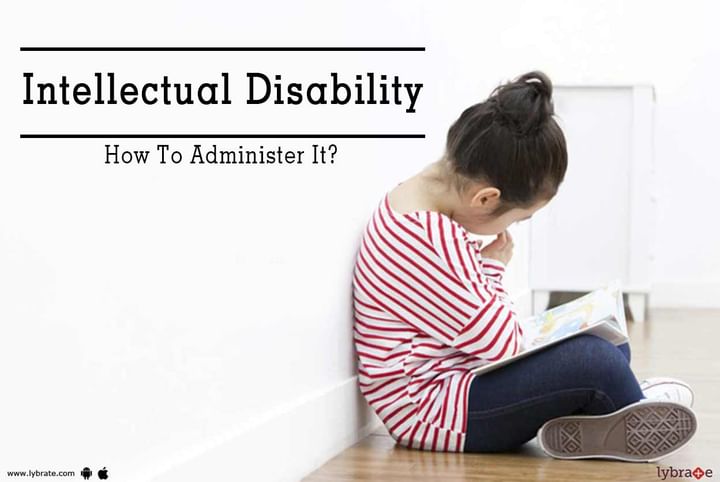Intellectual Disability - How To Administer It?
As parents watch their children grow, they take pleasure in seeing their kids perform simple activities like crawling, rolling, talking, walking, etc. However, a child’s intellectual development could be hampered, and they could have an intellectual disability (ID). While the symptoms are obvious during infancy in some children, others show symptoms only during their schooling period. There are associated mental conditions like seizures, mood disorders, vision/hearing problems, autism, etc.
In medical terms, a child is said to be affected by ID if his/her IQ is less than 75. Normal IQ ranges between 85 and 115, with the average being 100. There are various tests that a doctor would do to test if the child’s IQ is affected. The following are some milestones that the family can observe to help in diagnosis.
- Rolling, sitting, crawling, and walking are all delayed
- Improper speech
- Slow to learn things like toilet training, dressing, feeding, etc.
- Tends to forget things easily
- Throwing tantrums to get what they want
- Lack of logical thinking, problem-solving, and connecting actions with results
Causes: While the exact aetiology is not established, in 2/3 affected children, ID is the result of when the brain development is affected. Some of the causes include the following:
- Genetic conditions like Down syndrome
- Alcohol or drugs or smoking abuse, malnutrition, and infections during pregnancy
- Issues during childbirth, including forceps delivery, reduced oxygen levels, or premature birth
- Illnesses during early stages of life, including whooping cough, meningitis, head injury, toxic substances exposure, severe abuse, and malnutrition
Diagnosis: In addition to IQ tests, other structural abnormalities can be diagnosed using magnetic resonance imaging (MRI) and an electroencephalogram (EEG) to look for evidence of seizures, etc. Observing the child, interviewing the parents, and testing the child can together help in confirming the diagnosis.
Management: The family has to work together to get the child to lead a normal life. Speech therapy, occupational therapy, nutrition counselling, physical therapy, etc., are all available as support systems to work on improving various aspects. The parents play a critical role and in addition to above, they can do the following:
- Learn about the condition as much as possible and support the child.
- Allow the child to become independent, even if he/she is making mistakes. Allow them to make mistakes until they learn the right way of doing things. Coax them into taking feedback and learning new things.
- Get them involved in group activities like arts, sports, etc.
- Keep in touch with the teachers so that you are aware of their progress in school.
- Reinforcing learning at home is very essential.
- Form support groups with similar parents and caretakers.
- ID is definitely not easy to manage in a child, but there is definitely a lot of help available compared to what was available earlier.



+1.svg)
